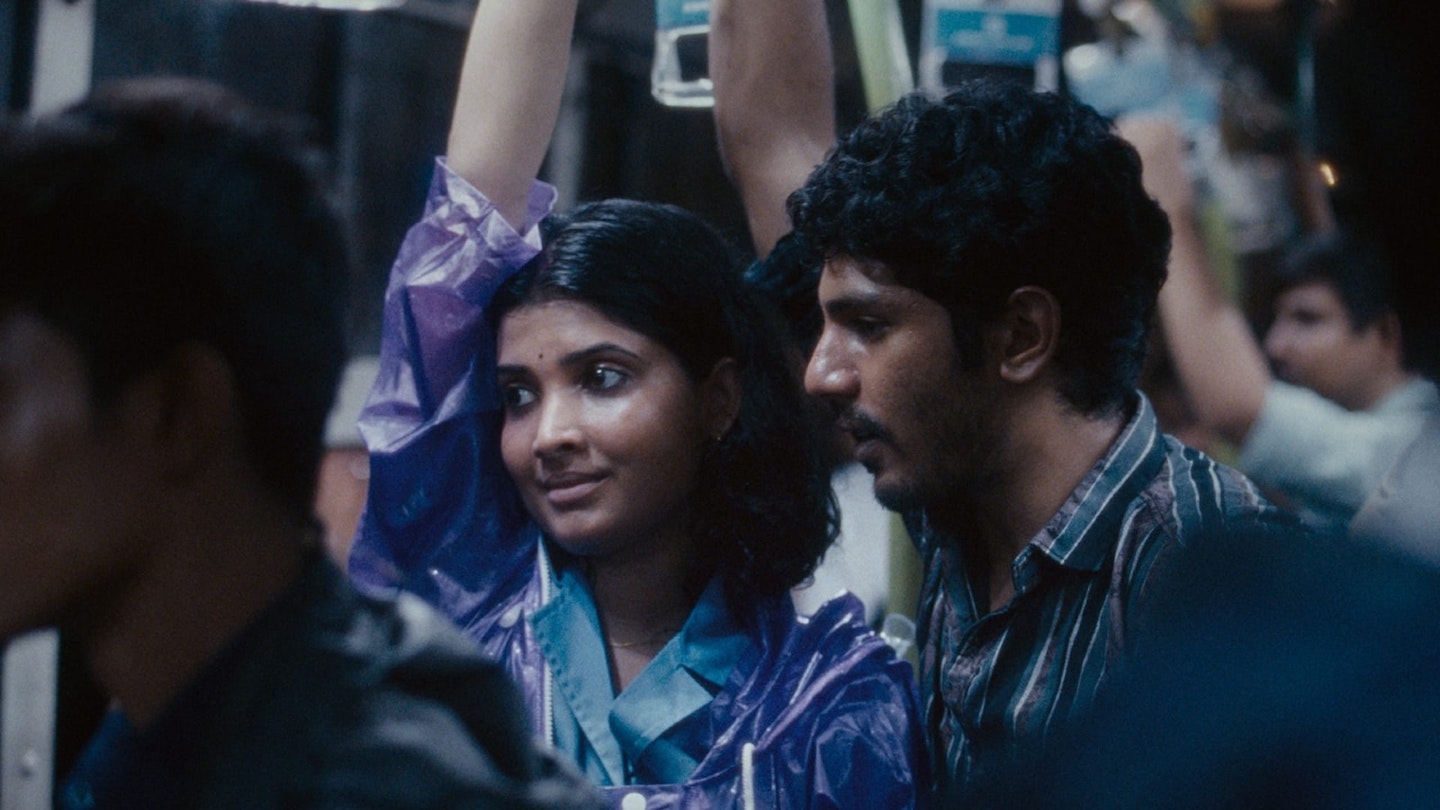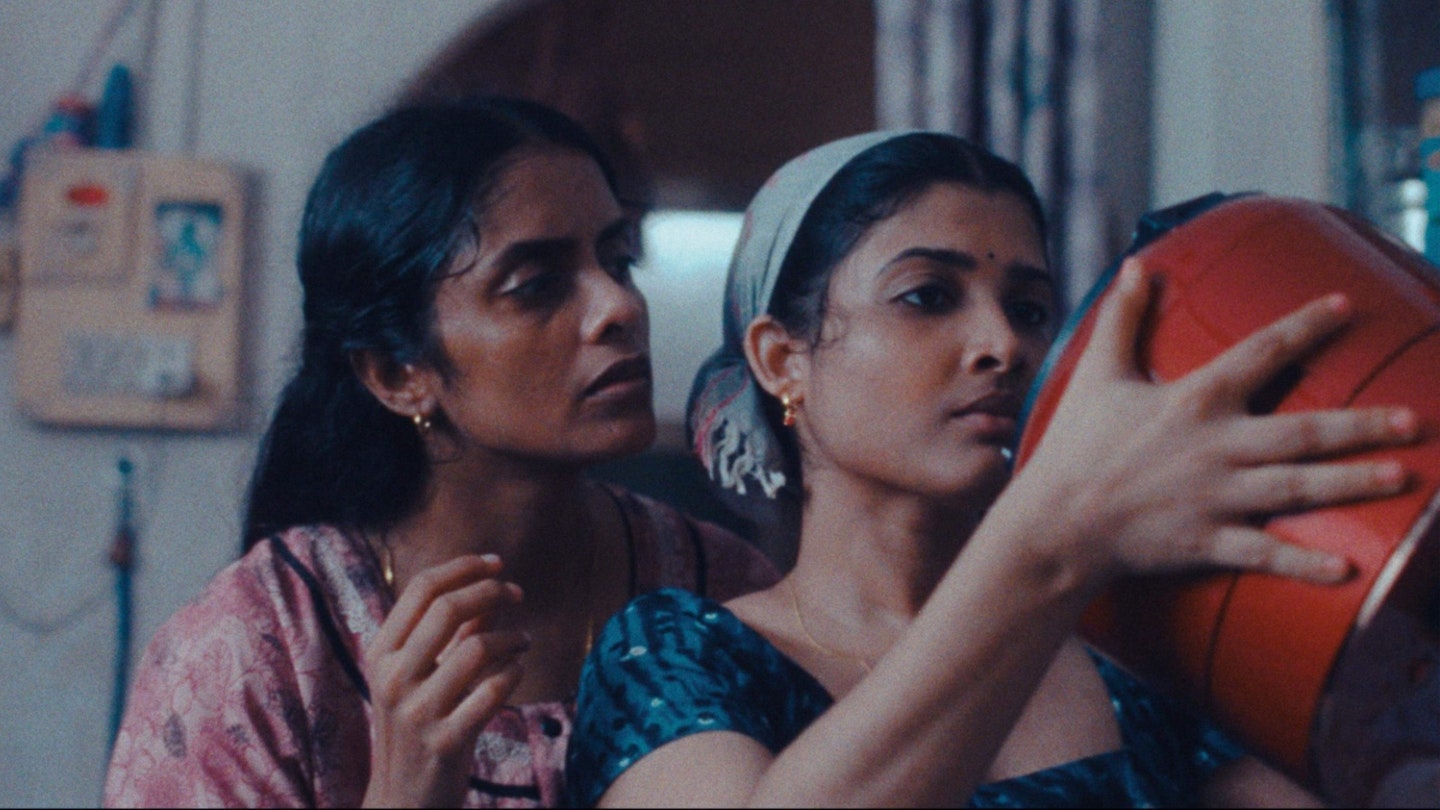We’re currently enjoying a wave of attention-grabbing feminist movies, with The Substance, Poor Things and Blink Twice using stylish allegory to tackle difficult topics — sometimes with mixed results. All We Imagine As Light emerges from a very different mindset, reminding us that subtlety and sincerity can be equally effective tools. Set in Mumbai, it offers a clear-eyed view of everyday life as a working-class woman, focusing on two nurses who share an apartment and work at the same hospital.

The second film from Indian director Payal Kapadia (her first was the acclaimed 2021 documentary A Night Of Knowing Nothing), All We Imagine As Light won the Grand Prix at this year's Cannes Film Festival. This brought a well-deserved boost to a type of indie film that’s often tricky to market: thoughtful, naturalistic and character-focused, with a poetic view of bustling urban life.
Kapadia's vision immerses us in the rhythms of the city,
Kapadia initially conceived this project while she was still in film school, during a period when two of her relatives were hospitalised. She spent a lot of time speaking to (and eventually interviewing) nurses, beginning to see the hospital as an ideal location for a drama about women’s work.

Her documentary background makes itself known in voiceover interludes, where anonymous Mumbai residents speak about the city’s identity. People travel from all over India to find work here, including the film’s two protagonists, Prabha (Kani Kusruti) and Anu (Divya Prabha). Prabha is responsible and selfless, constantly trying to help her friends and coworkers solve their problems. Meanwhile the younger Anu is more fun-loving and rebellious, embarking on a secret romance with a Muslim boy while dodging parental pressure for an arranged marriage.
"How could you marry a total stranger?" Anu asks at one point. "I don't think I could." But Prabha did exactly that. Her husband works overseas and hasn't called home in a year, leaving Prabha in a state of marital limbo, supporting herself financially while tied to a man who is out of reach.
Kapadia's vision immerses us in the rhythms of the city, guided by moments of unexpected happenstance and beauty. She has a real skill for precise, authentic characterisation. Yet every strand of this story is also deeply political, whether it’s Anu’s love life, Prabha’s attempt to help an undocumented coworker keep her apartment, or the obvious gender dynamic of the hospital’s all-female workforce of nurses. Led by two nuanced and engaging performances, it’s an impressive achievement from a perceptive independent storyteller.
